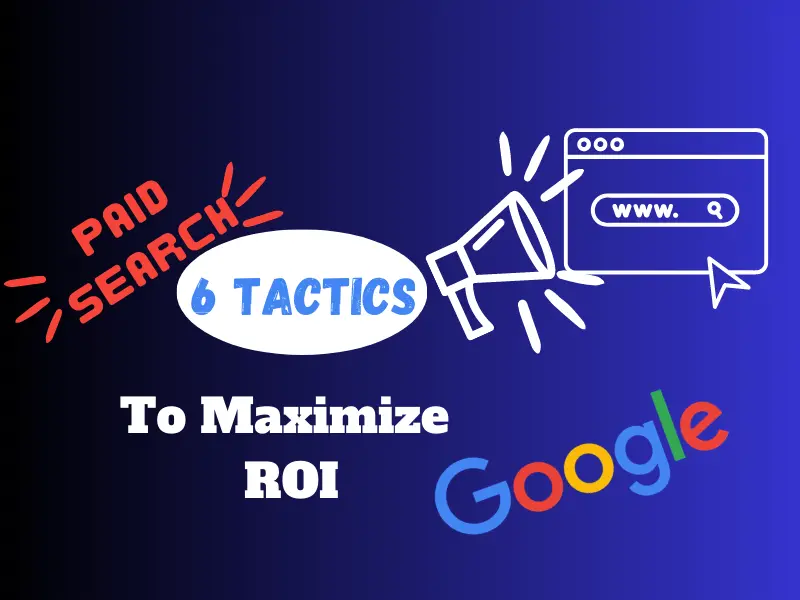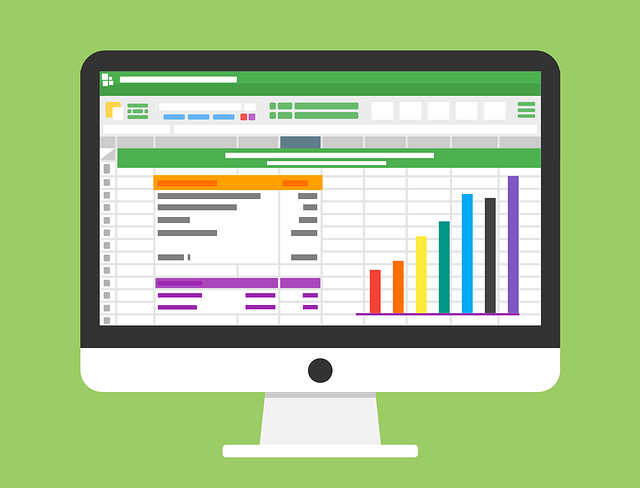You may be wondering: Is Performance Marketing enough to Grow your Brand? This topic is so hot that even the WSJ is talking about it!
Let’s starts with a definition. Performance marketing is a type of advertising where the advertiser only pays when a desired action is taken by the user, such as clicking on an ad, filling out a form, or making a purchase.
Performance marketing is often favored by advertisers because it allows them to track the effectiveness of their campaigns in a very granular way, and only pay for the results that they actually achieve.
What are the risks of placing too much emphasis on Performance Marketing?
However, there are several risks associated with an overemphasis on performance marketing. Here are the main three risks:
Neglecting Brand Building & Awareness
An overemphasis on performance marketing can lead to a neglect of other important aspects of advertising. For example, brand building and awareness can be difficult to measure in a direct way, and therefore may be undervalued or overlooked entirely in favor of performance marketing tactics.
Little Focus on Long-Term Growth
Another issue with overemphasizing performance marketing is that it can lead to a focus on short-term results, at the expense of long-term growth. Performance marketing can be very effective at driving immediate results, but it may not be as effective at building lasting relationships with customers, which is essential for long-term success. It is worth noting that upper-funnel campaigns can also help build retargeting lists and therefore turn leads into conversions.
There are Multiple Measures of Success in Advertising
Furthermore, performance marketing is often focused on optimizing specific metrics, such as click-through rates or conversion rates. While these metrics are important, they are not the only measures of success in advertising.
Factors like brand reputation, customer satisfaction, and customer lifetime value are also crucial to consider, and may not be as easily measurable as the more tangible metrics favored by performance marketing. How can you track those metrics?
How To Track Brand Building and Awareness metrics?
There are a few studies that can help demonstrate the importance of brand building and awareness campaigns in digital advertising. Here are a few examples:
Ad Recall Studies
Conducting an ad recall study is a common way to determine if people remember seeing an ad for a particular brand or product. Ad recall studies can help you determine if your brand building and awareness campaigns are effective in reaching your target audience.
Brand Lift Studies
A brand lift study measures the impact of an advertising campaign on brand perception and intent to purchase. It measures the difference in consumer behavior or perception before and after a campaign, which can help demonstrate the effectiveness of brand building and awareness campaigns.
Sales Lift Studies
Sales lift studies measure the impact of an advertising campaign on sales. By comparing sales data before and after a campaign, you can determine if your brand building and awareness campaigns are driving increased sales.
Social Media Listening
Monitoring social media channels for mentions of your brand can help you understand how your brand is perceived in the market. By tracking the volume and sentiment of mentions, you can gauge the effectiveness of your brand building and awareness campaigns.
Search Volume Analysis
Analyzing search volume for branded keywords can help you understand how much awareness there is for your brand. By tracking search volume over time, you can determine if your brand-building and awareness campaigns are helping to increase brand awareness and recognition.
What about A/B testing?
There is another approach to consider: A/B testing.
To conduct this test, select a period without any major events (such as Christmas or Black Friday), and exclusively run conversion campaigns for a minimum of 8 weeks. Then, switch to running awareness campaigns for another minimum of 8 weeks.
Finally, compare the overall conversions for the two periods. If there is an increase in conversions at the end of the awareness period, then you have found the increase in conversions resulting from demand generation campaigns.
Conclusion – Is Performance Marketing enough?
In conclusion, while performance marketing can be a valuable tool for advertisers, it is important to avoid overemphasizing it at the expense of other important aspects of advertising. A more balanced approach that takes into account a variety of metrics and factors is likely to be more effective in the long run.
And PS: if you are looking to learn more about data-driven approaches to increase ROI, I suggest you check out this article about Marketing Mix Modeling.




Pingback: Performance Marketing vs Growth Marketing: The Right Balance